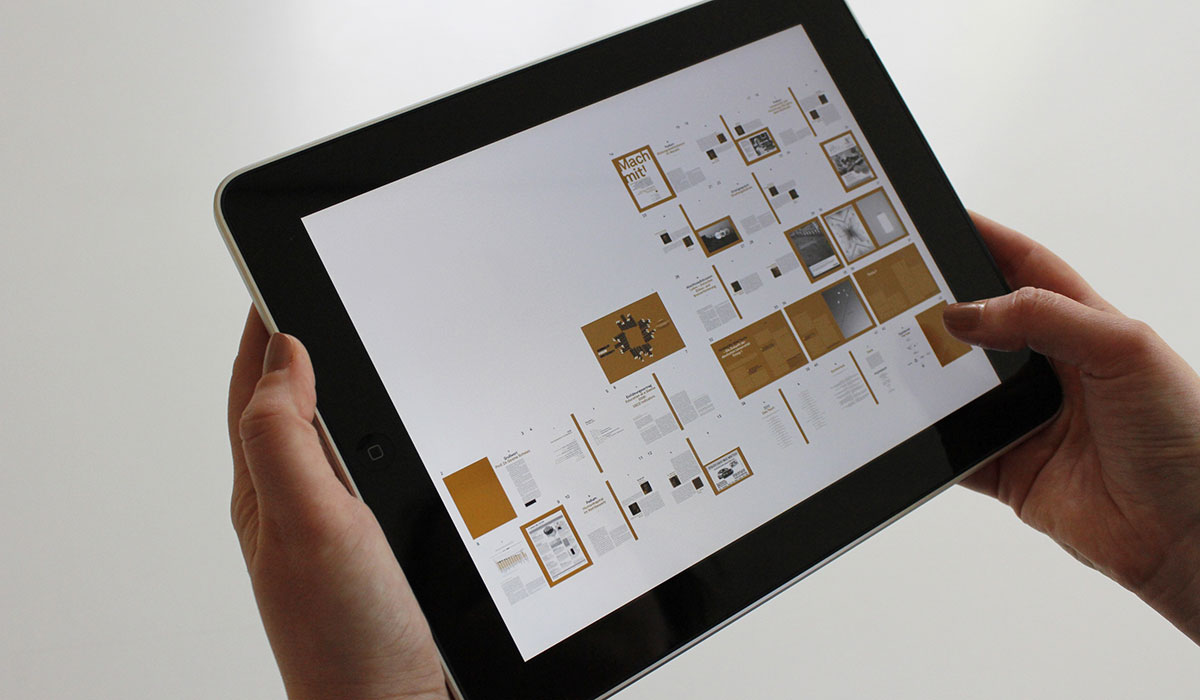
The Digital Libraries course of study is designed to guide students in developing specialized knowledge and skills in information technologies, information organization, and end-user services that will enable them to lead digital collection/library development and management at academic/research institutions, cultural heritage institutions, special collections/archives, and other information centers.
The Department of Information Sciences offers a variety of courses that focus on digital libraries. Each student will take the four required core courses, plus highly recommended specialized courses for digital library areas. The student will consult with his/her advisor to plan a course of study that will best meet the student's personal and professional needs.
Career Options
- Digital Libraries, institutional repository, digital collection building
- Metadata areas
- Digital archives
- Digitization projects in Special Collections or Cultural Heritage Organizations
- Information architecture
- Digital content management areas
Courses for Digital Libraries
Required Courses (4 courses: 12 credits)
- LSC 551: Organization of Information
- LSC 553: Information Sources and Services
- LSC 555: Information Systems in Libraries and Information Centers
- LSC 557: The Information Professions in Society
Highly Recommended Courses (4 - 5 courses: 12 - 15 credits)
- LSC 565: Data on the Web
- LSC 612: Foundations of Digital Libraries
- LSC 615: Metadata
- LSC 650: Information Architecture and Web Design
- LSC 654: Database Management
Other Electives (3 - 4 courses: 9 - 12 credits)
- LSC 525: User Interface Design and Evaluation
- LSC 641: Collection Development and Management
- LSC648: Digital Curation
- LSC 672: Management
- LSC 675: Research Methods in Library and Information Science
- LSC 753: Programming for Web Applications
- LSC 884: Copyright & Licensing Institute
- LSC 695A: Practicum
Digital Libraries course of study checklist (.docx)
Digital Libraries informational flyer (.pdf)
For more information about the field of Digital Libraries and opportunities in this field the following sources may be helpful.
Important journals or online sources:
- D-Lib Magazine
- Journal of Digital Information
- Journal of Digital Information Management
- Ariadne
- Council on Library and Information Resources Publications
- DIGLIB Mailing List Information
Related organizations providing significant resources related to digital libraries:
Relationship of the Digital Libraries Course of Study to LIS Competencies
The Professional Competencies for Graduates of the Master's in Library Science Degree
Digital libraries and related areas such as digitization projects/initiatives, digital collections, etc. are developed to enhance access to information and information services, are based on practices of collection development, information organization, user interface principles, and technical architecture to accommodate and deliver digital objects and services. Designing and utilizing Digital Libraries effectively requires information professionals to have various competencies: not only technological skills but also management skills and well-balanced traditional knowledge and skills in library professional competencies.
The table below shows how courses suggested in Digital Library Course of Study are aligned to the competency areas. Using this table, it is recommended that in addition to highly recommended courses, you could choose elective courses as appropriate.
| Information Organization | Resources /Services |
Information Technology | Professional Identity/Management | |
|---|---|---|---|---|
| Required Courses | 551 | 553 | 555 | 557 |
| Highly Recommended Courses | 612 615 |
565 650 654 |
||
| Electives | 641 648 884 |
525 753 |
672 675 |
Note: 695 Practicum not categorized
Adopted December 2008
Course numbers updated 2018
Page updated January 2020
